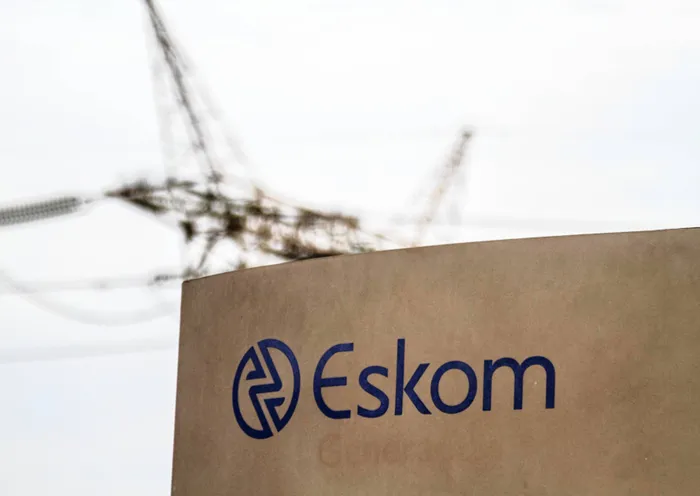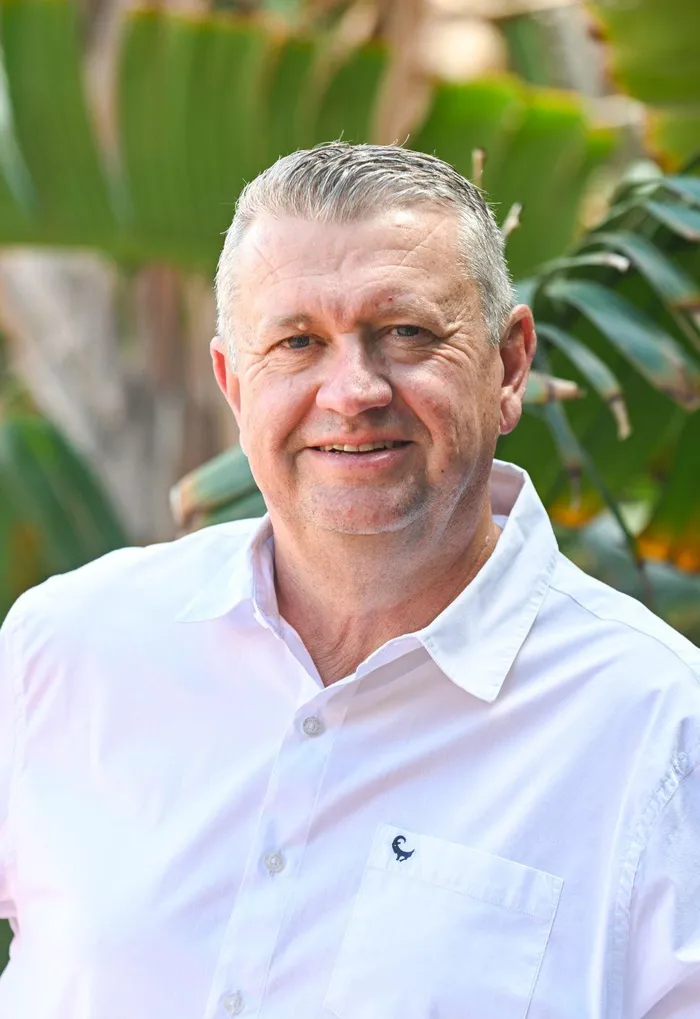Understanding South Africa's electricity sector: challenges and opportunities

Eskom Holdings’ management has signalled an intention to retain transmission assets and lease them to the Transmission System Operator.
Image: File/Dean Hutton
In recent weeks, we have examined South Africa’s electricity industry and its deep links to political power and financial leverage.
We have seen how various role players have sought to use political networks to influence outcomes since the adoption of the 1998 Energy White Paper. Some have pursued personal enrichment or institutional advantage. Others have focused on enabling a transformation of the electricity sector toward a more democratic and inclusive system.
At present, however, the sector appears to be moving in many different directions.
An independent TSO with its own assets is essential to eliminate Eskom’s conflict of interest as both generator and grid owner. Yet management is seen by some as an obstacle to progress. Is this perception accurate?
It is convenient to blame Eskom’s leadership. But the reality is more complex. The right approach is to understand the multiple perspectives and dilemmas that each actor in the electricity governance framework is attempting to address.
The regulator, Nersa, recently intervened in the contested Interim Grid Capacity Allocation Rules (IGCAR) drafted by Eskom. Meanwhile, the Minister of Electricity and Energy has reportedly directed Eskom to refrain from challenging Nersa’s decision to award trading licences to independent traders in court.
Each institution is expected to operate within an intensely contested framework, which makes it difficult to meet expectations.
After years of debate, the end state of the electricity sector is clear. The plans and legal frameworks are largely in place. The pressing question is this: what unifying focus can bring alignment?
This question can only be answered through visionary leadership by figures with legitimacy. Yet we face a legitimacy crisis, both domestically and globally.
This is evident in the monopolistic behaviour of Eskom. Although the utility is on the path to full unbundling into three entities, generation, transmission, and distribution, internal politics appear to be delaying orderly progress.
Eskom Holdings’ management has signalled an intention to retain transmission assets and lease them to the Transmission System Operator (TSO). Such an approach would undermine the independence of the TSO, limit its ability to raise finance on its own balance sheet, and constrain investment in new transmission capacity.
Institutional investors favour transmission companies with strong balance sheets and predictable, regulated revenue. Restricting the TSO in this way will frustrate its chances of gaining investment-grade status and securing competitively priced capital. The effect will be continued constraints on grid connections for private generation capacity, particularly in distributed renewable projects.
At present, however, the sector is paralysed within contested institutional battles. If this continues, failure is inevitable. Industry participants are fighting one another rather than collaborating. What is required is leadership that advances structural reform, beginning with separating the TSO fully from Eskom Holdings, along with its assets. The rest will follow.
South Africans, and the Minister, should make it clear to Eskom management that holding onto transmission assets in pursuit of political power and financial leverage is unacceptable.
Such actions undermine the unifying focus of “investing in energy security to enable sustainable, low-carbon industrialisation and universal access to electricity.”
The Minister of Electricity and Energy has taken steps to build credibility. He and his department must continue aligning the interests of Eskom, municipalities, the regulator, independent power producers, transmission providers, traders, customers, and consumers.
A possible unifying focus could be framed as: “investing in energy security to enable sustainable, low-carbon industrialisation and universal access to electricity.”
If achieved, this would drive GDP growth, create meaningful employment, strengthen competitiveness, and provide protection for society’s most vulnerable.

Thomas Garner holds a Mechanical Engineering degree from the University of Pretoria and an MBA from the University of Stellenbosch Business School.
Image: Supplied
Thomas Garner holds a Mechanical Engineering degree from the University of Pretoria and an MBA from the University of Stellenbosch Business School. Thomas is self-employed focusing on energy, energy related critical minerals, water and communities. He is a Fellow of the South African Academy of Engineering and a Management Committee member of the South African Independent Power Producers Association.
*** The views expressed here do not necessarily represent those of Independent Media or IOL.
BUSINESS REPORT